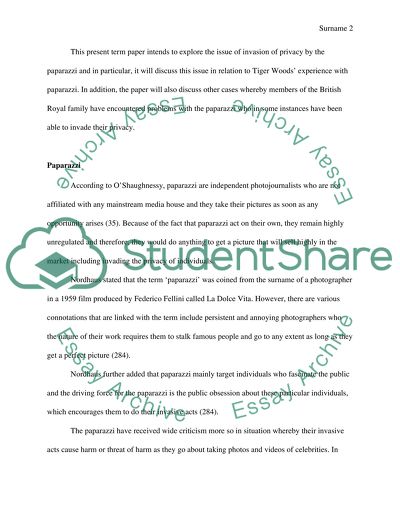Cite this document
(“Sports and Entertainment Law Term Paper Example | Topics and Well Written Essays - 2000 words”, n.d.)
Sports and Entertainment Law Term Paper Example | Topics and Well Written Essays - 2000 words. Retrieved from https://studentshare.org/law/1481110-sports-and-entertainment-law
Sports and Entertainment Law Term Paper Example | Topics and Well Written Essays - 2000 words. Retrieved from https://studentshare.org/law/1481110-sports-and-entertainment-law
(Sports and Entertainment Law Term Paper Example | Topics and Well Written Essays - 2000 Words)
Sports and Entertainment Law Term Paper Example | Topics and Well Written Essays - 2000 Words. https://studentshare.org/law/1481110-sports-and-entertainment-law.
Sports and Entertainment Law Term Paper Example | Topics and Well Written Essays - 2000 Words. https://studentshare.org/law/1481110-sports-and-entertainment-law.
“Sports and Entertainment Law Term Paper Example | Topics and Well Written Essays - 2000 Words”, n.d. https://studentshare.org/law/1481110-sports-and-entertainment-law.


